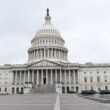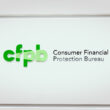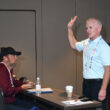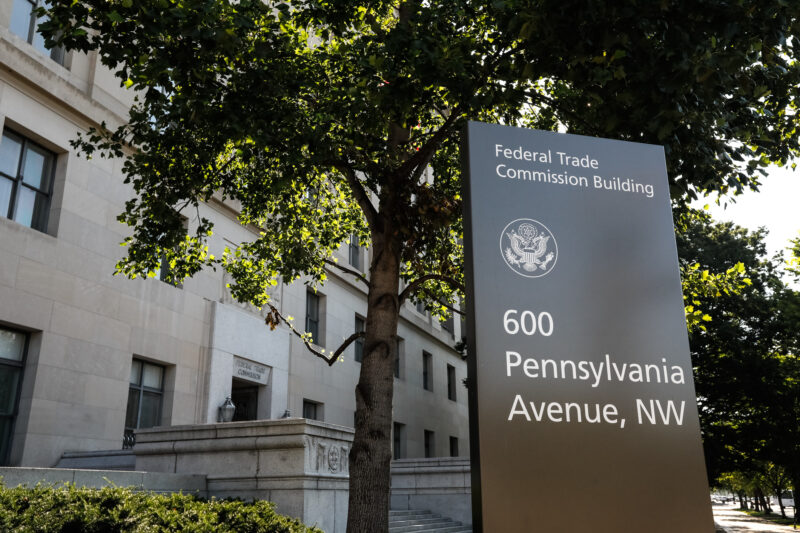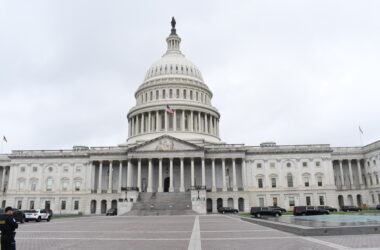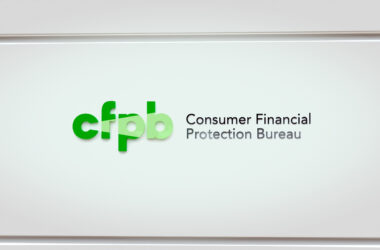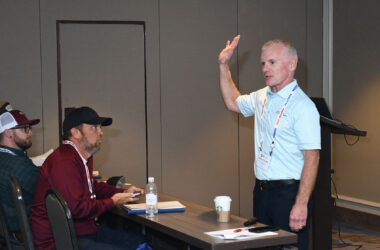By Eric L. Johnson
You may have some questions about the Federal Trade Commission’s new final trade regulation rule, pejoratively called the “Combating Auto Retail Scams Trade Regulation Rule” (CARS rule), related to the sale, financing, and leasing of covered motor vehicles by covered motor vehicle dealers.
The CARS Rule is a modified version of the FTC’s initial proposed Motor Vehicle Dealer Trade Regulation Rule, called the Vehicle Shopping Rule.
During our recent webinar for the NIADA, we received some questions about the rule that we thought were important to address in more detail.
Which dealers are covered by the Rule? Which are exempt?
This is the question I hear most about the rule. As a general rule, the rule covers only motor vehicle dealers who are excluded from the Consumer Financial Protection Bureau’s (CFPB) jurisdiction.
To be covered by the rule, the motor vehicle dealer must: (i) be licensed by a state, U.S. territory to engage in the sale of “covered motor vehicles”; (ii) take title to, hold an ownership interest in, or take physical custody of covered motor vehicles; and (iii) be “predominantly engaged in the sale and servicing of covered motor vehicles, the leasing and servicing of covered motor vehicles, or both.” That last part is a key part of the requirements.
The term covered motor vehicle or vehicle means any self-propelled vehicle designed for transporting persons or property on a public street, highway, or road. The definition captures franchised new car dealers because they are licensed, take title, or hold and sell and service covered motor vehicles. It also covers independent car dealers, too, but only if they also service covered motor vehicles.
The rule does not define the term servicing. However, the Statement of Basis and Purpose (SBP) that precedes the rule includes a discussion of the terms dealer or motor vehicle dealer and the term service. The SBP provides that the definition for a covered motor vehicle dealer does not condition coverage on whether a dealership has a service department or includes any other requirement or limitation beyond those stated in the rule.
By its plain meaning, the FTC stated that the term “servicing” covers, for instance, “checking and repairing a vehicle, machine, etc. to keep it in good condition.” As the FTC has previously stated, the term ‘’servicing’’ “captures activities undertaken by essentially all used car dealers. Thus, the FTC claims, the definition does not place dealers with separate servicing departments at a competitive disadvantage, and it need not remove the term “servicing of motor vehicles” from the rule.
So, given the comments in the SBP above, if a dealer does not also service the vehicles it sells, it would not be covered by the rule.
If a dealer is licensed to sell; takes title to, holds an ownership interest in, or takes physical custody of; and is predominantly engaged in the sale and servicing, the leasing and servicing of covered motor vehicles, or both, then the dealer would be covered by the rule.
Note that the FTC hasn’t forgotten about those dealers that would not be covered by the rule. The FTC has also proposed a separate UDAP Fees Rule that would cover certain businesses and motor vehicle dealers that would not be covered by the rule. The proposed UDAP Fees Rule has very similar restrictions and requirements. The comment period for the proposed UDAP Fees Rule closed Feb. 7.
Who’s not covered by the rule? There are some exceptions to the scope of the rule. The covered motor vehicle definition excludes recreational boats and marine equipment; motorcycles, scooters, and electric bicycles; motor homes, recreational vehicle trailers, and slide-in campers; and golf carts.
For more answers to questions from the webinar, see the full article from the April issue of UCD.


